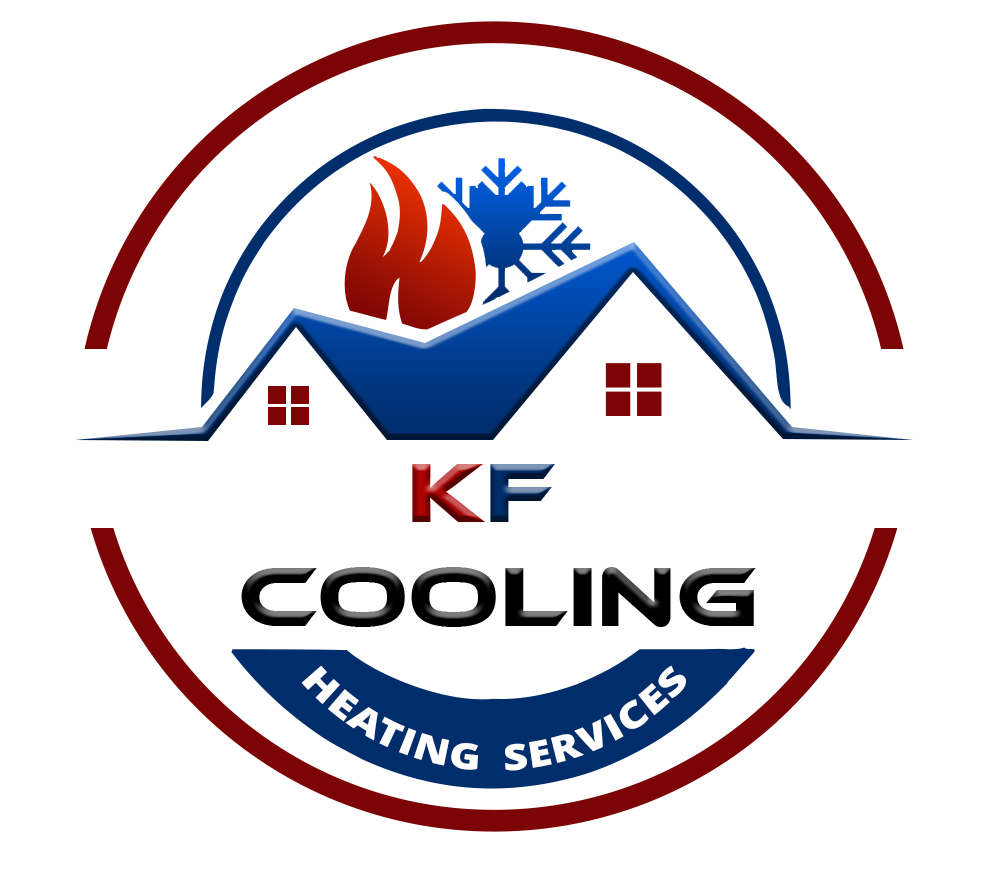Furnace Repair
Furnace Repair That Restores Warmth—Fast
When your furnace stops working, it doesn’t just disrupt comfort—it puts your home at risk during the coldest months. At K&F Cooling and Heating, our expert furnace repair service is prompt, precise, and built for lasting results. Whether your system is blowing cold air, making strange noises, or refusing to turn on at all, our certified HVAC technicians are ready to diagnose the issue and restore heat to your home or business quickly and safely.
We service all major furnace makes and models, and we bring the tools and experience needed to fix common and complex issues alike. From faulty igniters and dirty burners to worn belts and electrical failures, we handle every furnace repair with attention to detail and a commitment to long-term performance. You’ll receive clear diagnostics, honest pricing, and expert workmanship—every time.
When Repair Isn’t Enough: Furnace Replacement Solutions
While most heating issues can be resolved with expert furnace repair, some systems are simply too old, inefficient, or damaged to continue operating reliably. If repairs are frequent or your energy bills are climbing, we may recommend a full furnace replacement. Our team helps you weigh your options based on cost, system age, and performance so you can make a smart decision. Should you choose to replace, we’ll install a modern, high-efficiency unit that delivers consistent warmth and reduced energy use all season long.
Ongoing Furnace Maintenance for Prevention and Performance
The best way to avoid emergency repairs and extend the life of your system is with regular furnace maintenance. Our scheduled tune-ups catch problems early and keep every component of your heating system clean, calibrated, and operating efficiently. We check burners, filters, blower motors, heat exchangers, and safety controls to ensure smooth performance and prevent costly breakdowns in the future.
Trusted HVAC Care from K&F Cooling and Heating
Our approach to furnace repair isn’t just about fixing what’s broken—it’s about building long-term comfort and confidence in your heating system. Whether we’re making a quick repair, recommending a full furnace replacement, or providing annual furnace maintenance, you’ll benefit from our experience, transparency, and commitment to excellence. At K&F, your comfort is our priority—no matter the temperature outside.
